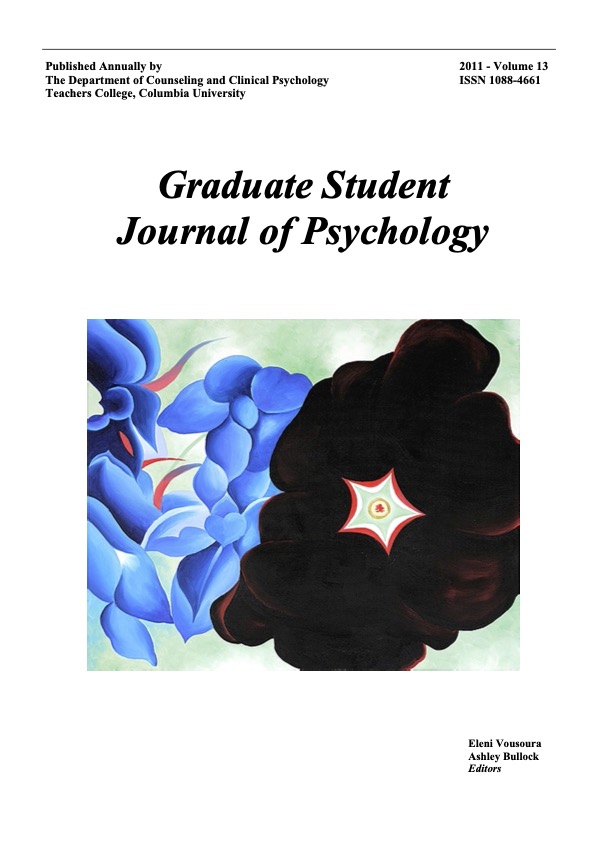The Psychosocial Context and Mental Health Needs of Unaccompanied Children in United States Immigration Proceedings
Main Article Content
Abstract
Little is known about the psychosocial context and mental health needs of children who migrate to the United States without a parent. Under federal law, this group is classified as unaccompanied alien children. They are a particularly vulnerable population, who are at high risk for exposure to traumatic experiences in their countries of origin, during their journeys to America, and following their arrival and apprehension by U.S. immigration. This paper focuses on the needs of unaccompanied children who have been detained in government custody and are seeking immigration relief to prevent them from being deported. We first outline recent developments in legislation and legal service provision designed to protect unaccompanied children. Next, we describe psychosocial stressors associated with the various stages of their migration and explore the potential psychological impact of these stressors. In light of this literature, we discuss different reasons lawyers may seek mental health services for their unaccompanied child clients. Finally, we suggest areas for future research to improve understanding of the mental health needs of these children.
Article Details
Section
Articles

This work is licensed under a Creative Commons Attribution-NonCommercial 4.0 International License.
How to Cite
R.Baily, C. D., Henderson, S. W., Taub, A. R., & Verdeli, H. (2011). The Psychosocial Context and Mental Health Needs of Unaccompanied Children in United States Immigration Proceedings. Graduate Student Journal of Psychology, 13, 4–11. https://doi.org/10.52214/gsjp.v13i.10856

